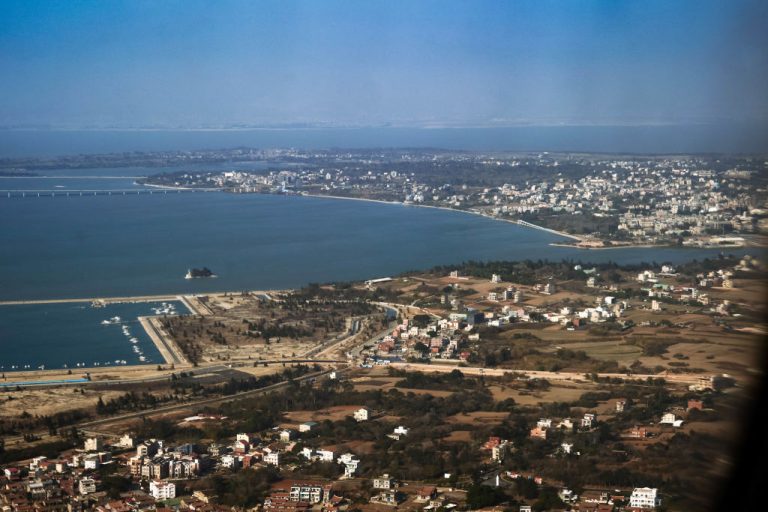With China’s looming presence in the South China Sea, Japan has signed a deal with Vietnam to ensure that military defence equipment and technology from Tokyo are sent to Hanoi to counter China’s influence.
As the Chinese Communist Party’s (CCP) continues to make alarming moves on the world stage, countries have been consolidating alliances and partnerships, as well as strengthening their naval forces, particularly in the Indo-Pacific region.
Japanese deals
Japan’s Defence Minister Nobuo Kishi met with Vietnamese Defence Minister Phan Van Giant in Hanoi on Sept. 11, where they signed a deal that Tokyo believes will “strengthen Japan’s defence industrial base and is expected to contribute to the country’s security,” said Kishi.
The visit occurred as Chinese Foreign Minister Wang Yi visited Hanoi, announcing that Beijing plans to donate three million doses of coronavirus vaccines to its communist neighbor.
Vietnam became the 11th nation to sign a deal with Japan to export Japanese-made defence equipment to the other nations, including Australia, the U.S., the UK, France, Germany, India, Italy, Indonesia, Malaysia, and the Philippines.
Success
You are now signed up for our newsletter
Success
Check your email to complete sign up
“I am convinced that the pact will form the foundation of a further expansion of our bilateral security cooperation and become a symbol of our joint efforts in facing regional threats,” said Japanese Foreign Minister Toshimitsu Motegi during a press conference after the deal was signed with Indonesia.
With this agreement, Japan hopes to strengthen its defensive perimeter in the disputed territories of the Senkaku Islands, where Tokyo governs the area, but Beijing claims to have ownership. Recently, Chinese vessels patrolled the seas around the islands. The Defence Ministry also highlighted Chinese submarine activity close to its waters.
After passively dealing with China for decades, Japan has now taken a stance against the growing threat of the CCP against the island of Taiwan. In response to the CCP’s advances in the East and the South China Sea, Kishi opposed “any unilateral attempts to change the status quo by coercion or any activities that escalate tensions.”
According to Japan’s Defence Ministry, Kishi and Giang both agreed to preserve “freedom of navigation and overflight,” and ensure cooperation in other fields of defence, including cybersecurity.
While Japan focuses on strengthening its defences in the Indo-Pacific region, its Defence Ministry has also called for a budget increase to bolster defensive capabilities at home. With Yoshihide Suga’s resignation as Prime Minister of Japan, one of the country’s top candidates, Fumio Kishida, has expressed that Tokyo should expand its missile-strike capabilities against potential foes like China and North Korea.
Vietnam relations
With the CCP on the move, Vietnam has become somewhat of a point of contention between China and the U.S.
U.S. Vice President Kamala Harris previously made a visit to Hanoi to strengthen relations with the communist government of Vietnam and to keep China’s influence at bay.
However, the CCP-run Xinhua News Agency said that “Vietnam opposes any forces’ interference in China’s internal affairs” and would “firmly resist any schemes to undermine the Vietnam-China relations.”
Hanoi has had its own problems with the CCP. Chinese vessels have been spotted passing through the area of the Paracel Islands, which are officially under Vietnamese jurisdiction. Also, military outposts have been set up within the artificial Spratly island chain.
















